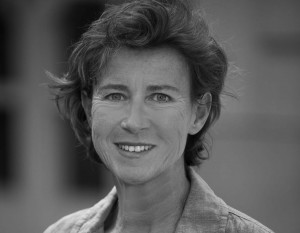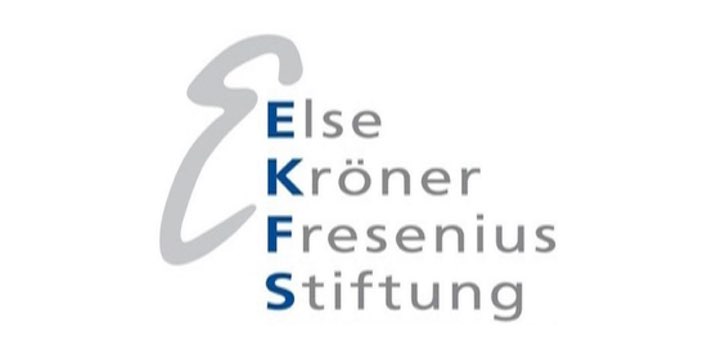SONNE-International in Ethiopia – overview
In Ethiopia SONNE-International has been active since 2005
Ethiopia is one of the poorest countries of the world. Malnutrition and natural catastrophes (prolonged droughts, but occasionally also floods) pose a constant threat, the health care system is abysmal (2.6 doctors for 100,000 people).
Afar Region
Afar Region in the north of the country is an extremely hot and inhospitable desertic area that is populated mainly by members of the Afar ethnicity. Due to ever more frequent droughts their situation has become increasingly precarious.
The Afar have their own language and culture, most of them are pastoralists and lead semi-nomadic lives. The illiteracy rate is extremely high, access to health care and infrastructure is for many of them virtually impossible. With its Ethiopian partner organisation APDA (Afar Pastoralist Development Association) SONNE-International has been trying to improve these people’s living conditions permanently and sustainably.
Our projects focus on:
health (basic medical care for all, with particular attention to children, pregnant women and young mothers)
education (in particular literacy and basic education, continuing education for talented students)
awareness programmes (fight against female genital mutilation and other harmful practices, women’s rights, hygiene, healthy food …)

During my official trip to Ethiopia I was able to convince myself of the excellent work of SONNE-International. I travelled to the Afar Region in the Northeast of the Country, which is characterized by extreme heat and aridity. SONNE-International has been supporting the nomadic population in the fields of alphabetisation and health care for many years. The activities are geared to the Afar population’s requirements and living conditions and they empower in particular the traditionally disadvantaged Afar women.
Andrea Schmid,
Head of Unit
Civil Society International (Austrian Development Agency)
Ongoing SONNE projects in Ethiopia
Mobile basic health care & awareness programme
Due to the particular requirements of the Afar nomads, our health care and awareness programmes are organized on a mobile basis: over 150,000 persons in the districts of Awra, Uwwa, Chifra, Gewaane, Gala’alu and Eli Da’ar, many of whom have never had access to any form of medical care before, profit from the selfless devotion of our mobile health workers and our traditional birth attendants, all of whom are members of the various Afar clans.
Simple treatments are carried out in situ. Severely ill patients are transported to the nearest hospital (which is often quite far away) in our SONNE ambulance car. Particular care is paid to pregnant women and young mothers. Basic prophylactic, hygienic and sanitary measures as well as health awareness programmes that lead to the introduction of very simple methods (the use of soap and mosquito nets, the boiling of water) have produced amazing results! The practice of FGM (female genital mutilation) has not been eradicated completely yet, but awareness has increased – and we will do our utmost to put an end to this inhuman archaic tradition!
Goats for families in need
In order to alleviate the aftermath of several terrible droughts in recent years, SONNE-International supplied hundreds of suffering families in the northern Afar Region with small herds of up to ten goats in early 2018.
School under the tree
Our literacy and education project “School under the Tree“, which had to be suspended at short notice due to Corona and the civil war, is expected to resume in 2023.
Ongoing famine relief and emergency support
In 2021 and 2022, the civil war between the government and the rebels from the TPLF (Tigray People’s Liberation Front) swept large parts of the Afar region. This led to cruel clashes, systematic destruction of vital infrastructure and dramatically rising (food) prices. Out of sheer necessity, emergency aid (safe drinking water, food) has become more and more important.
Breaking new ground – our agricultural training centre
As the situation of the nomadic pastoralists from the Afar tribe has become increasingly precarious (most of them have to live with constant food insecurity, and especially their children suffer from chronic malnutrition), a total of 360 women and 120 young people as well as 240 volunteers from urban areas will be trained as agricultural experts in a newly renovated training centre in Ududayto. Then they will be provided with the necessary equipment and seeds and sent back to their villages, where they will engage in agriculture and horticulture, take care of the marketing of the products and act as multipliers.
Supported by:





